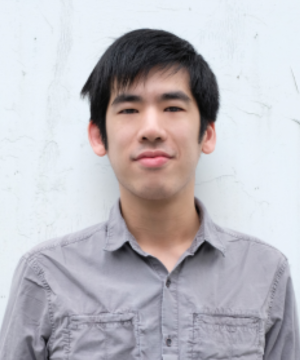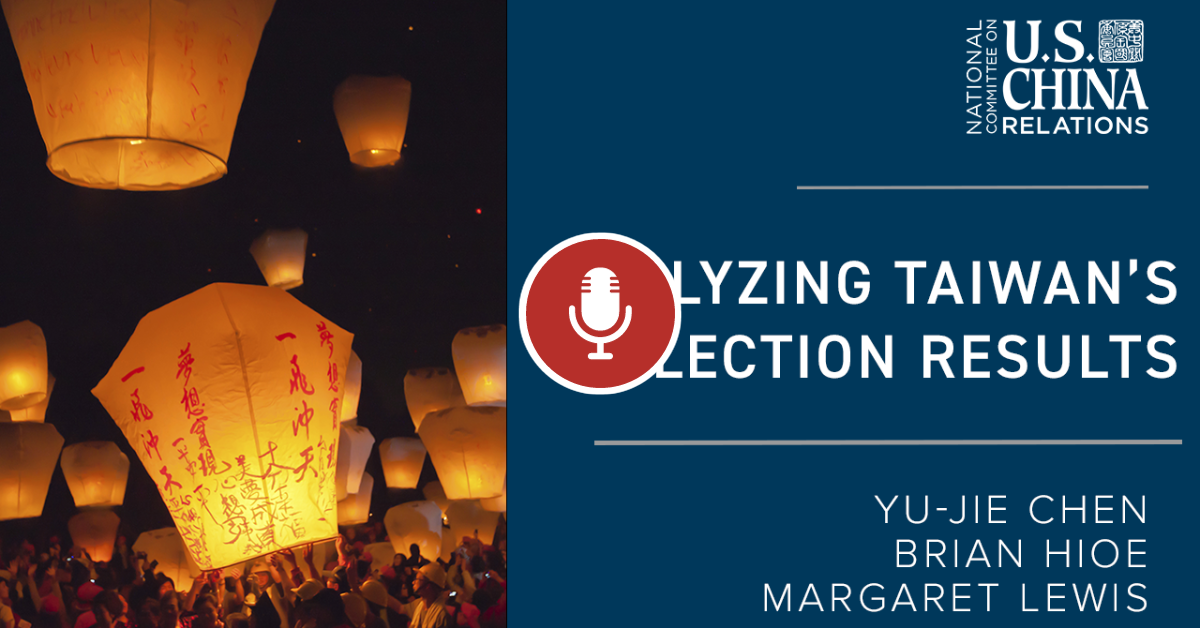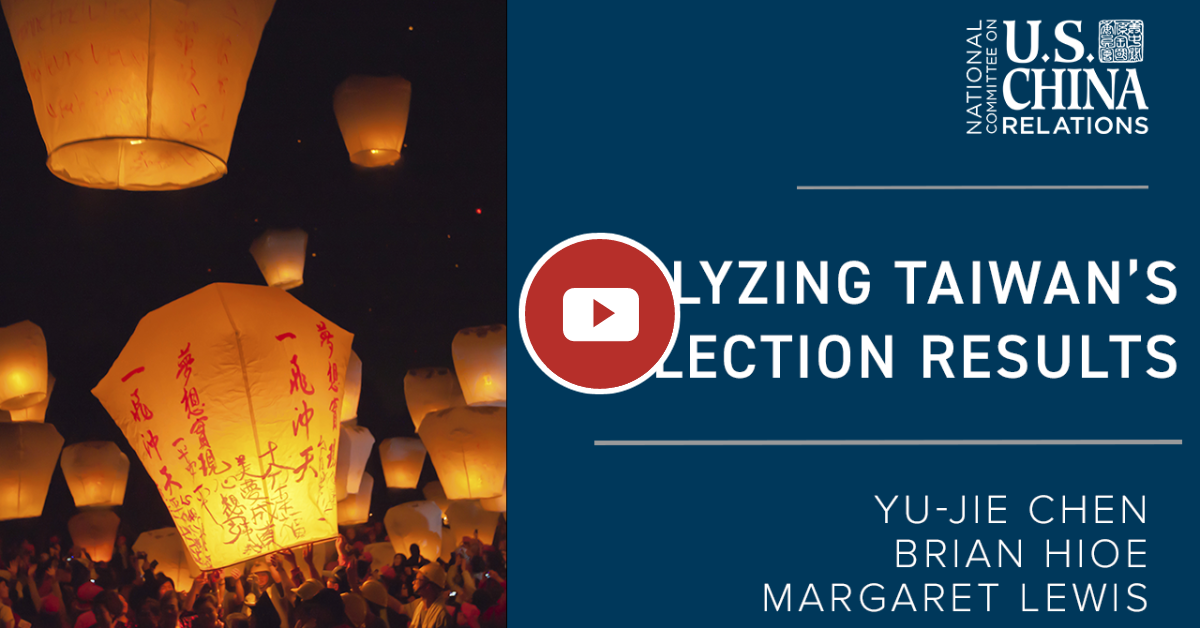Sunday, January 14, 2024 | 11:00 AM EST - 11:30 AM EST
Nearly 20 million voters in Taiwan went to the polls over the weekend to elect a new president. The results will have outsize importance to Taiwan’s future, its relations with the United States and China, as well as U.S.- China relations more broadly. With the votes now counted, the incumbent Democratic Progressive Party (DPP) will retain the presidency as William Lai Ching-te looks to build on the work of his predecessor, Tsai Ing-wen.
As the world closely monitors the Taiwan Strait to discern the implications of these election results, it is crucial to gain insights directly from Taiwan to understand the issues that influenced the outcome and anticipate what comes next within the Taiwan-China-United States triangle. In an interview conducted on January 14, 2024 in Taipei, Margaret Lewis delves into the details of Taiwan’s 2024 election results with Yu-Jie Chen and Brian Hioe.
Speakers

Yu-Jie Chen
Dr. Yu-Jie Chen is an assistant research fellow at Institutum Iurisprudentiae of Academia Sinica and a non-resident affiliated scholar at the U.S.-Asia Law Institute, NYU School of Law. She focuses on human rights and international law and relations, particularly in the context of China, Taiwan, and China-Taiwan relations. Her scholarship explores legal and political controversies in China-Taiwan relations; Taiwan’s interaction with the international legal system; China’s authoritarian political and legal system; China’s influence on the international human rights regime; and Hong Kong’s changing rule of law. Her academic articles and public-facing essays have appeared in the United States, Europe, Australia, Hong Kong, and Taiwan, including, recently, the China Quarterly, New York Times, and Australian Foreign Affairs.

Brian Hioe
Brian Hioe is one of the founders of New Bloom Magazine (破土), an online magazine covering activism and youth politics in Taiwan and the Asia Pacific that was founded after the Sunflower Movement in 2014. From 2017 to 2018, he was democracy and human rights service fellow at the Taiwan Foundation for Democracy in Taipei. He is currently a non-resident fellow at the University of Nottingham’s Taiwan Research Hub.
Moderator

Margaret Lewis
Margaret K. Lewis is associate dean for faculty development and institutional operations and professor of law at Seton Hall University School of Law. Her research focuses on China and Taiwan with an emphasis on criminal justice and human rights as well as on legal issues in the U.S.-China relationship. She is a member of the Council on Foreign Relations and has been a Fulbright senior scholar at National Taiwan University, a visiting professor at Academia Sinica, a Public Intellectuals Program fellow with the National Committee on United States-China Relations, and a delegate to the U.S.-Japan Foundation’s U.S.-Japan Leadership Program. Professor Lewis is also a non-resident affiliated scholar of NYU School of Law’s U.S.-Asia Law Institute and a director of the National Committee.
Professor Lewis received her J.D., magna cum laude, from NYU School of Law. She received her B.A., summa cum laude, from Columbia University and studied at the Hopkins-Nanjing Center for Chinese and American Studies.

